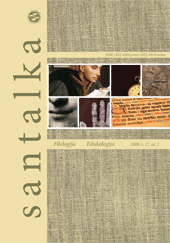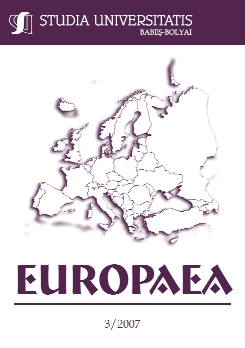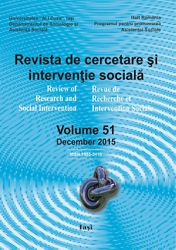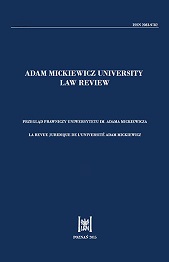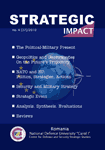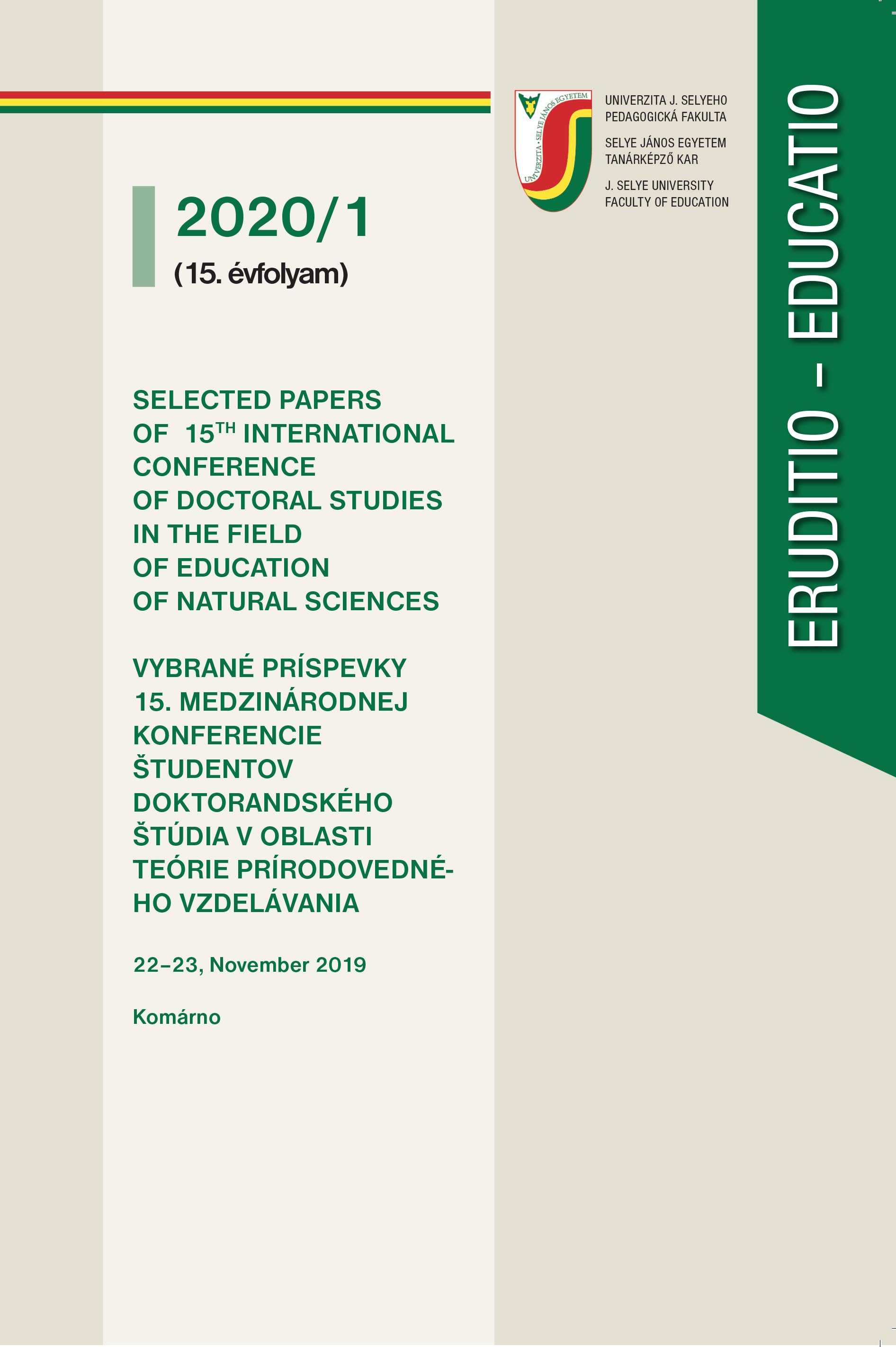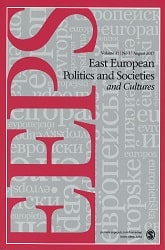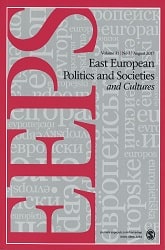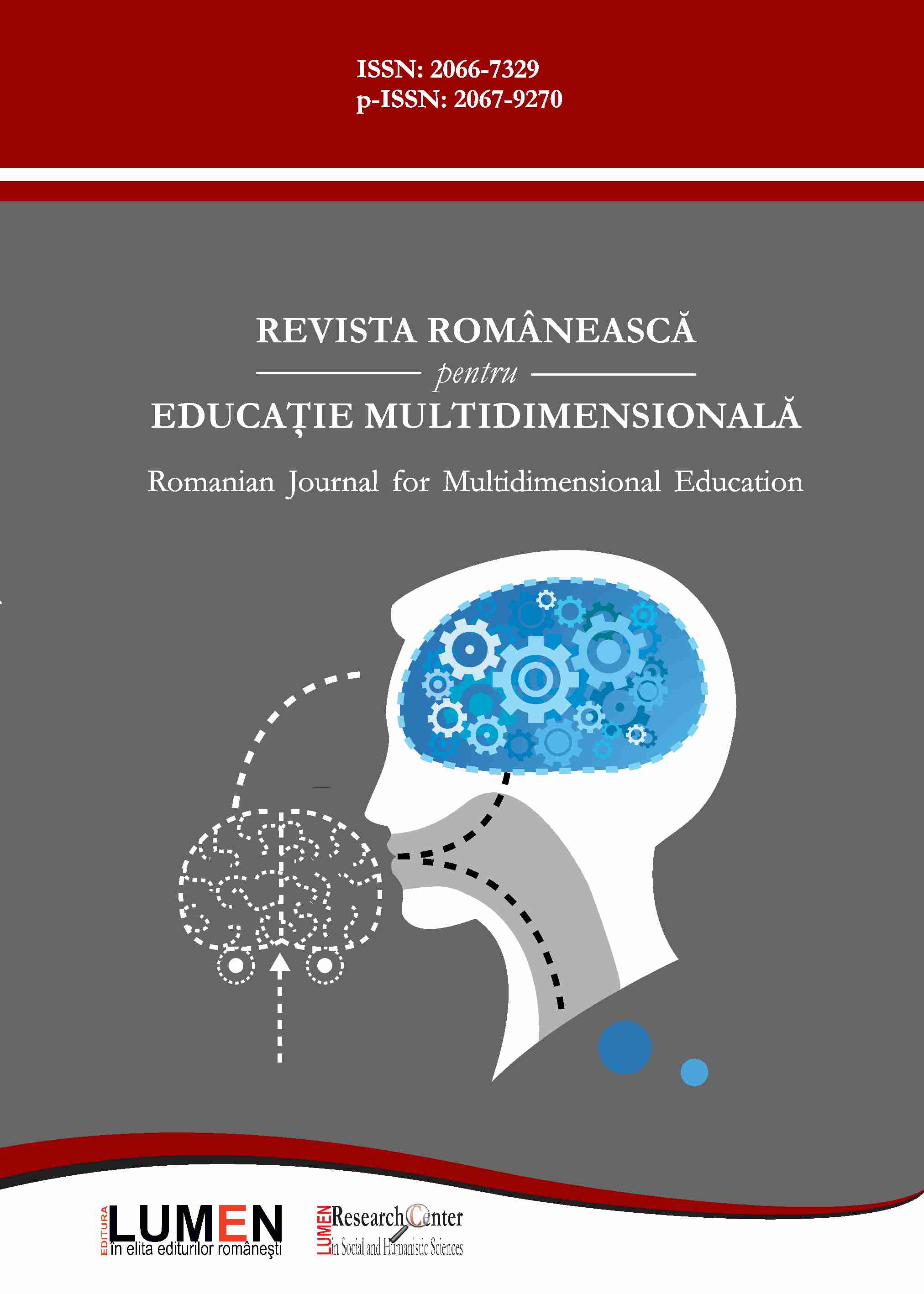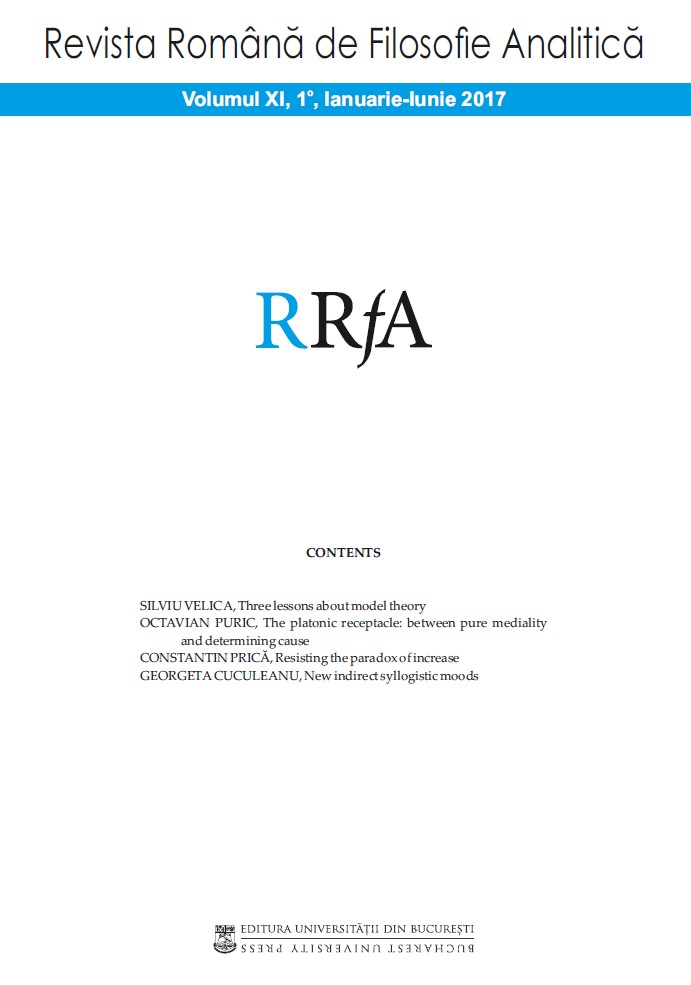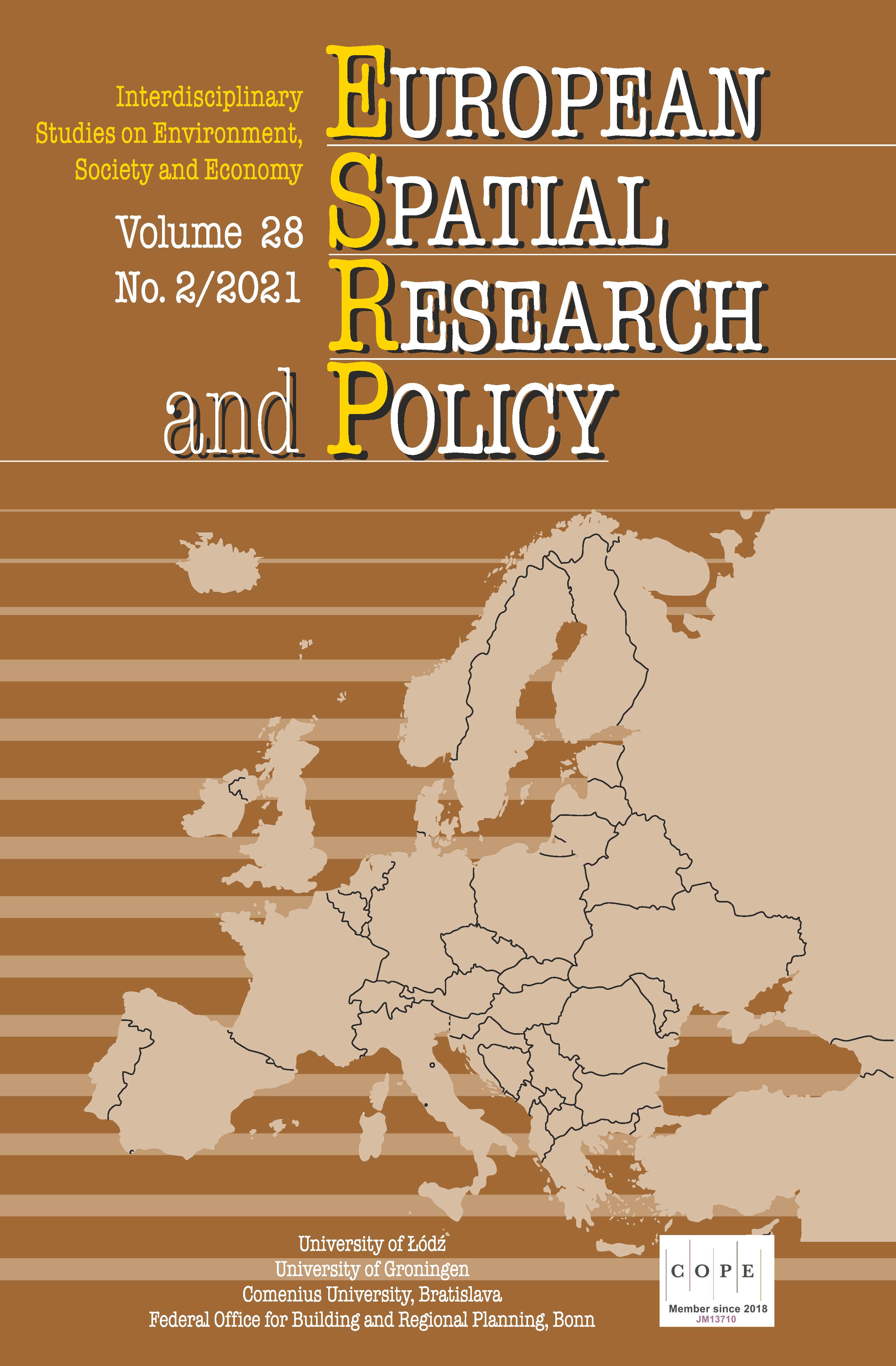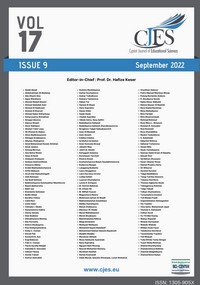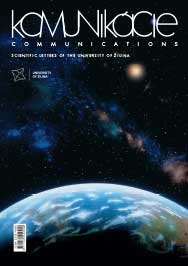FUTURE SECURITY ENVIRONMENT AND CAPABILITIES. AN INDEPENDENT VIEW FROM ALBANIA
Author(s): Thimi Hudhra / Language(s): English
/ Issue: 37/2010
Keywords: Albania; NATO; Strategic Concept; scenario; region; military; transformation;
When we talk about the security environment in long term, at a national, regional or global level, it looks like a combination of reality, perspective, rationality, vision and prophecy. Much more than in the past, we see a great number of new security items to be included and elements to be considered within this subject area. As a consequence of symmetric or asymmetric effects, there might be thousands of combinations of security situations which can escalate in this world. Experience of the last 20 years has shown that even a small event can create deviation from the traditional rules experienced during the history. Clausewitz “fog of uncertainty”1 is a valid expression for the future security environment. To predict or to expect, the later looks more realistic. Today, we can expect rather than predict exactly what could happen next year. Further, it becomes more difficult to provide a clear view of what might happen in a longer term. However, it is the task of the strategic leaders and their staffs to think carefully about the future, to follow carefully the trends, to influence what we can, to anticipate with the appropriate actions, and to produce today those capabilities needed to provide the best response for tomorrow. The author gives his personal views of what we can do to influence what we want to happen tomorrow, and what we can do to avoid what we do not want to happen. As a case study, this paper focuses on a short analysis of the retrospective, the actuality and the perspective of Albania and regional security environment. Views of this article are of the author and do not necessarily represent the opinion of the Albanian MOD, GS or TRADOC.
More...

